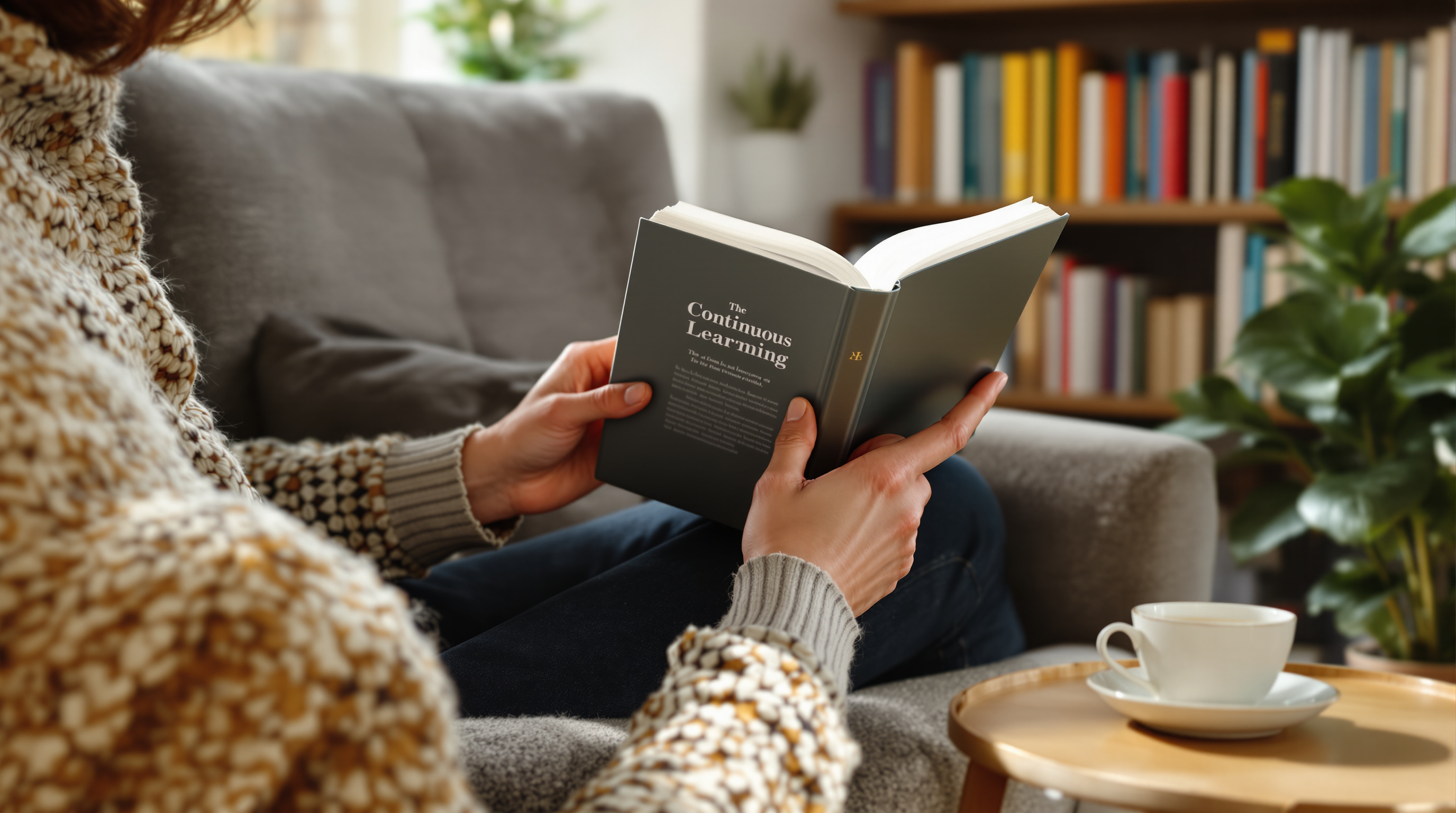
Why Self-Love Matters in Relationships
The relationship you have with yourself sets the template for all other relationships in your life. Self-love isn't selfish—it's the foundation that enables healthy partnership.
People often seek relationships to fill internal voids—loneliness, lack of purpose, low self-esteem. However, relationships can't sustainably provide what you haven't cultivated internally. When you depend on a partner for your self-worth, happiness, or sense of purpose, you place impossible pressure on the relationship while remaining vulnerable to devastating impact if it ends.
Self-love enables you to enter relationships from fullness rather than emptiness. You choose a partner because they enhance your already-fulfilling life, not because you need them to make life worthwhile. This distinction creates healthier relationship dynamics with less desperation, neediness, or fear-based clinging.
Your relationship with yourself models what you'll accept from others. If you're consistently self-critical, you'll likely tolerate criticism from partners. If you don't respect your own boundaries, you'll struggle to enforce them with others. If you don't believe you deserve good treatment, you'll accept poor treatment from partners.
Self-awareness, a component of self-love, helps you understand your patterns, triggers, and needs. This understanding allows you to communicate clearly, recognize when you're reacting from past wounds rather than present reality, and take responsibility for your emotional state rather than blaming your partner.
Self-compassion—treating yourself with the kindness you'd offer a good friend—creates resilience during relationship challenges. When conflicts arise or when relationships end, self-compassion helps you process difficult emotions without harsh self-judgment that complicates healing.
Individual identity maintained through self-love prevents unhealthy enmeshment in relationships. You remain a whole person with interests, friendships, and pursuits beyond the relationship. This individuality keeps you interesting to your partner and prevents the suffocation that occurs when two people lose themselves in 'we.'
Self-love includes the wisdom to recognize when a relationship no longer serves your wellbeing and the courage to leave if necessary. People who don't love themselves often stay in unhealthy or even abusive relationships because they don't believe they deserve better or fear being alone.

Building Self-Love and Self-Esteem
Self-love is a practice, not a destination. Specific actions and mindset shifts gradually build the healthy self-relationship that enhances all other relationships.
Challenge your inner critic by noticing harsh self-talk and consciously reframing it. When you think 'I'm so stupid,' pause and ask: 'Would I speak to a friend this way? What would I tell them in this situation?' Then offer yourself that same compassion. Over time, this practice shifts your internal dialogue toward kindness.
Identify your values—what truly matters to you, separate from others' expectations. Living in alignment with these values builds authentic self-esteem. When your actions reflect your values, you respect yourself more regardless of external validation.
Set and maintain boundaries that honor your needs, even when others disapprove. Each time you protect your boundaries—saying no to unwanted requests, leaving situations that feel wrong, or expressing your needs—you demonstrate to yourself that you matter. This self-protection builds self-respect.
Celebrate your accomplishments, large and small. Many people dismiss their achievements while fixating on failures. Consciously acknowledging what you've done well—whether completing a project, handling a difficult conversation skillfully, or simply getting through a hard day—builds positive self-regard.
Engage in activities that bring you joy and fulfillment independent of romantic relationships. Hobbies, friendships, creative pursuits, learning, and contributing to causes you care about create life satisfaction that doesn't depend on relationship status.
Practice self-care that honors your physical, emotional, and mental needs. This includes adequate sleep, nourishing food, movement, time in nature, therapy if needed, and activities that restore you. Consistently meeting your own needs demonstrates that you value yourself.
Surround yourself with people who treat you well. The company you keep reflects and influences how you see yourself. People who appreciate, respect, and support you help you internalize positive self-regard, while those who consistently criticize or diminish you undermine self-love.
Pursue personal growth through therapy, self-help resources, or coaching. Working through past traumas, understanding your patterns, and developing emotional skills demonstrates investment in yourself and creates genuine self-improvement that builds authentic self-esteem.
Trusted Resources
- Mindful Self-Compassion Resources - resources for developing self-compassion

How Personal Growth Improves Your Relationships
Investing in personal development doesn't just benefit you—it significantly enhances your capacity for healthy relationships and makes you a better partner.
Emotional regulation skills developed through personal growth prevent your partner from becoming responsible for managing your emotions. When you can self-soothe during conflicts, process difficult feelings independently, and manage anxiety or insecurity, you create healthier relationship dynamics.
Understanding your attachment style through personal growth work helps you recognize when old wounds drive current reactions. If you have anxious attachment, you might recognize when fear of abandonment makes you clingy. If you're avoidantly attached, you might notice when intimacy triggers withdrawal. This awareness allows you to communicate about these patterns rather than unconsciously acting them out.
Healing past traumas prevents you from projecting old pain onto current partners. Unresolved issues from childhood or previous relationships often resurface in new relationships. Therapy and personal work help you distinguish between past and present, preventing unfair treatment of partners based on others' past behavior.
Developing communication skills through personal growth courses, therapy, or relationship education makes you a more effective partner. Learning active listening, assertive expression, and conflict resolution benefits all your relationships.
Building self-awareness helps you choose compatible partners based on genuine compatibility rather than unconscious patterns. Many people repeatedly choose similar partners and wonder why relationships fail similarly. Personal growth illuminates these patterns, enabling different, healthier choices.
Self-sufficiency developed through personal growth prevents unhealthy codependency. When you can meet many of your own needs—for purpose, happiness, validation—you relate to partners from want rather than need. This creates more balanced, less desperate dynamics.
Personal growth keeps you interesting and evolving. Stagnation in relationships often reflects individual stagnation. Partners who continue learning, growing, and evolving maintain the interest and respect that sustains long-term relationships.
The willingness to work on yourself models important relationship behavior. Partners who can acknowledge flaws, commit to growth, and actually change demonstrate the flexibility and self-awareness that allows relationships to adapt and survive life's changes.
Maintaining physical wellness as part of your personal growth journey supports both individual wellbeing and relationship capacity. Partners who invest in their health—through nutrition, movement, sleep, and stress management—often report greater energy for connection and improved emotional regulation during challenging moments.